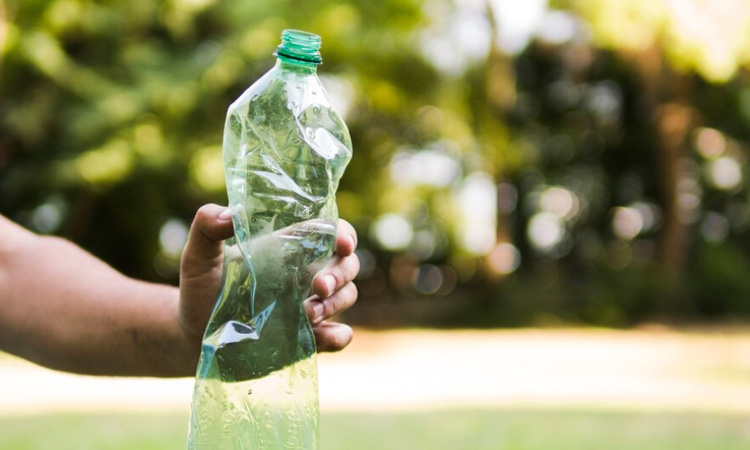Plastic – the superhero of convenience and versatility or the villain of pollution and waste? One thing is crystal clear: plastic doesn’t disappear easily.
Let’s face it – that soda bottle, the grocery bag, or the toy you used last year is likely still somewhere in the world. Plastics don’t break down the way banana peels, or paper do. They take their time to vanish, and sometimes, never do.
The problem with plastic decomposition lies in its chemical structure. Plastics are created to be strong and resilient, which makes them fantastic for holding and protecting things, but terrible when it comes to disappearing. The Earth’s natural decomposers like bacteria, bugs, and fungi often find it tough to break down these stubborn substances.
Plastics break up into smaller and smaller pieces due to weather and sunlight, but they never entirely disappear. They just become those tiny bits, called microplastics, still hanging around in our environment. So, that soda bottle from last year could now be the tiniest speck floating in the ocean or lying on the ground.
This persistence is a problem. It leads to tons of plastic waste cluttering our environment, piling up in landfills, and polluting our oceans. And what’s worse? The breakdown of plastics into these tiny bits isn’t just unsightly; it’s a real threat to the world’s ecosystems.
These little plastic bits can get into the bellies of marine animals, mess with their digestion, and get into the food we eat. Not only do these tiny pieces pose a danger to the planet, but they could also come back to us.
So, how can we combat this plastic persistency? The solution is to reduce, reuse, and recycle. Minimize your use of single-use plastics, reuse the ones you do have, and always recycle when you can. By doing this, we can help lessen the amount of plastic hanging around and ensure that our planet remains beautiful for generations to come.
The next time you think about grabbing that plastic bag or bottle, remember – it won’t vanish easily. Let’s work together to reduce our plastic footprint and keep our planet beautiful.
Next On Your Reading List:


